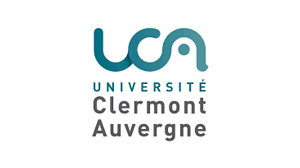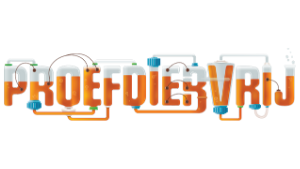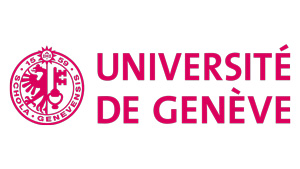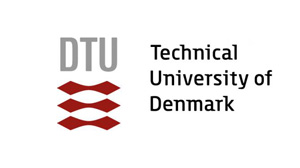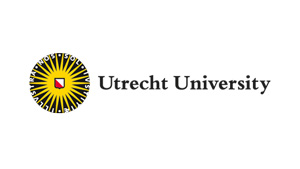Virus infections and diseases have been extensively studied in immortalized cancerous cell lines or animal models. However, data from these in vitro and animal models cannot always directly be translated to the situation in humans, as illustrated by the failure of HIV vaccines that were developed in macaques to protect humans.
Higher accuracy
OrganoVIR focuses on the use of organoid technology for virus research, as organoids give us a far more accurate image of what host factors are essential for a virus infection in humans. In addition, organoids can provide a better visualization of how viruses spread in human cells and it also provides opportunities to study differences in donors, such as age, sex, or genetic make-up. This would ultimately lead to a better understanding of the behaviour of viruses in different human beings.
With organoids the toxicity of drugs can also be more accurately tested. By using organoid technology for the study of viral infections, OrganoVIR will set the standard for the use of organoids in virology by standardizing organoid models and will help create a new mindset to reduce and replace animal experiments in different research fields.
Saving costs
Currently, an estimated 500-1000 animals are needed for optimizing a new drug compound for clinical trials. However, 95% of drugs that get to the clinical trial stage do not make it to the market despite promising results in animal models. OrganoVIR will investigate whether implementation of organoids in this process will lead to better results and lower costs, and therefore to reduction of animal use in antiviral compound screening.


